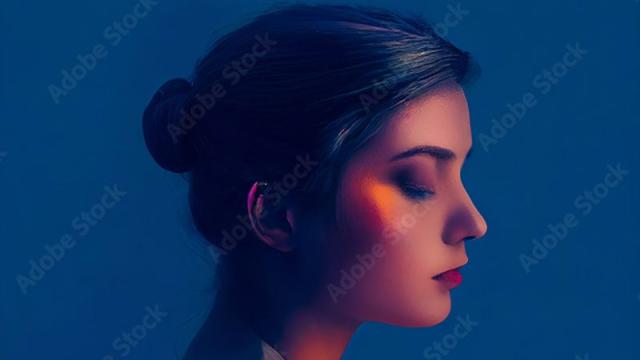Adobe used to be known as the company that made Acrobat and PhotoShop. Addobe is increasingly becoming known, however, as one of the great digital grifters of the modern age.
From its shonky subscription models to making people pay for certain colours in PhotoShop, the company is, like so many others in these tumultuous times, more concerned with growing its bottom line at any cost than it is in taking a moment to consider the needs of its users, or the consequences of its actions.
I’m bringing this up today because, less than a week after forcing people to check they weren’t reading an Onion story when learning about the colours thing, the company has announced that it is embracing AI art, which is not only an enormous grift, but also a serious threat to the livelihoods of artists around the world, big and small.
I’ve made my feelings about AI very clear on this website already — I wrote this feature back in August interviewing a range of video game and entertainment industry artists — and think it sucks not just because it’s a threat to artists, but to art. While people’s jobs are of course important, we’re not just talking about cotton gins here, and how this is in many ways a labour v capital breakdown; we’re talking about a process that is encroaching on a fundamentally human pastime and creative pursuit.
Machines don’t make art. They’re machines! They’re just making an approximated casserole out of human art that has been fed into it, in the vast amount of cases without credit or compensation. As Dan Sheehan says in his fantastic piece Art In The Age Of Optimisation, AI art isn’t about art, it’s merely “a technology that clearly exists to remove the human element from the process of artistic expression”.
Anyway! Last week Adobe dropped an announcement saying that AI-generated art was going to be made available as part of the company’s vast library of stock images, going so far as to say the field is “amplifying human creativity”. The company boldly says, repeatedly, stuff like they have “deeply considered these questions and implemented a new submission policy that we believe will ensure our content uses AI technology responsibly by creators and customers alike”, and that “generative AI is a major leap forward for creators, leveraging machine learning’s incredible power to ideate faster by developing imagery using words, sketches, and gestures”.
Creators? Fuck off! These people aren’t creating anything! They’re punching words into a computer that has been fed actual art! And even if Adobe can, as they’re claiming, only release images that have been “properly built, used, and disclosed”, it still sucks! Gah! Attempting to make good on one of AI art’s issues — art theft — doesn’t absolve it from its others, like the fact nothing to do with these images or their creation has anything to do with art!
Reaction among artists has of course been as wildly negative as any other AI art announcement over the past six months, with some criticising the company while others resort to more traditional cries: namely, that artists simply pirate PhotoShop instead of giving this company another cent.
Stock images may seem like filler to many, but as someone who uses them all the time, I’ve always admired the work that goes into creating them (both illustrations and photos), and I think the average person has too, which is why so many have become memes over the years.

Leave a Reply